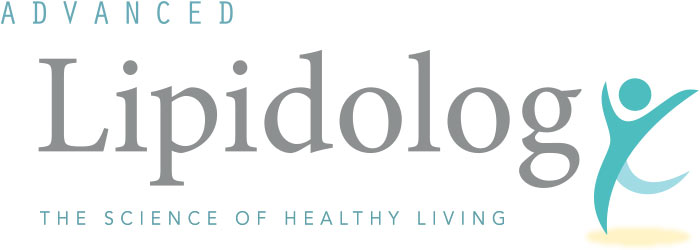Between 1 in 10 and 1 in 20 women of childbearing age has PCOS. As many as 5 million women in the United States may be affected. It can occur in girls as young as 11 years old.
Researchers also think insulin may be linked to PCOS. Women with PCOS have insulin resistance causing elevated insulin levels. Excess insulin appears to increase production of androgens (hormones that play a role in male traits and reproductive activity).
The symptoms of PCOS can vary from woman to woman. Some of the symptoms of PCOS include:
- Infertility (not able to get pregnant) because of not ovulating. In fact, PCOS is the most common cause of female infertility.
- Infrequent, absent, and/or irregular menstrual periods
- Increased hair growth on the face, chest, stomach, back, thumbs, or toes (hirsutism)
- Cysts on the ovaries
- Acne, oily skin, or dandruff
- Weight gain or obesity, usually with extra weight around the waist
- Male-pattern baldness or thinning hair
- Patches of skin on the neck, arms, breasts, or thighs that are thick and dark brown or black (acanthosis nigricans)
- Skin tags — excess flaps of skin in the armpits or neck area
- Pelvic pain
- Anxiety or depression
Frequent treatment for PCOS is metformin a diabetic medication that helps control insulin resistance, regulate periods and helps with weight loss.
